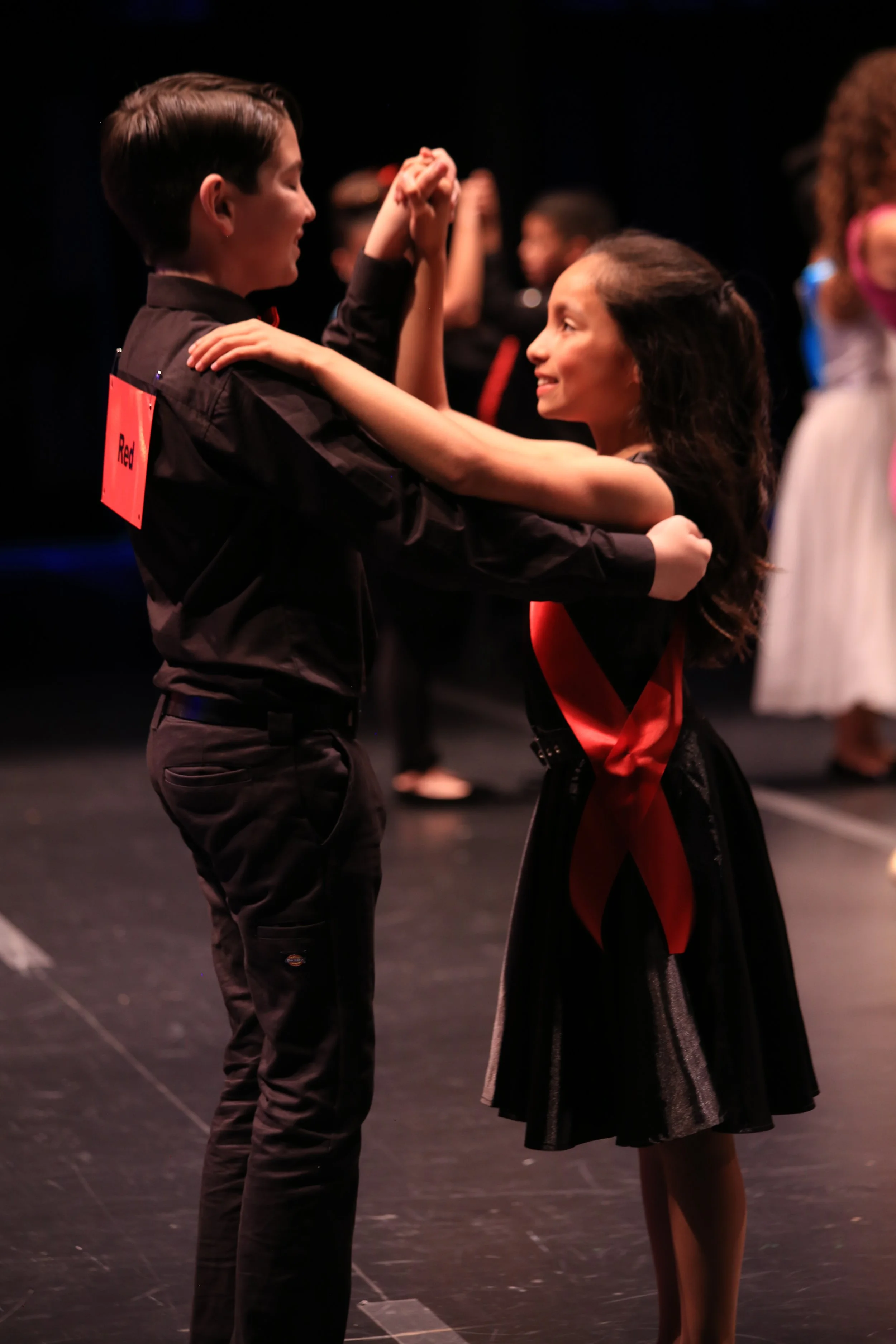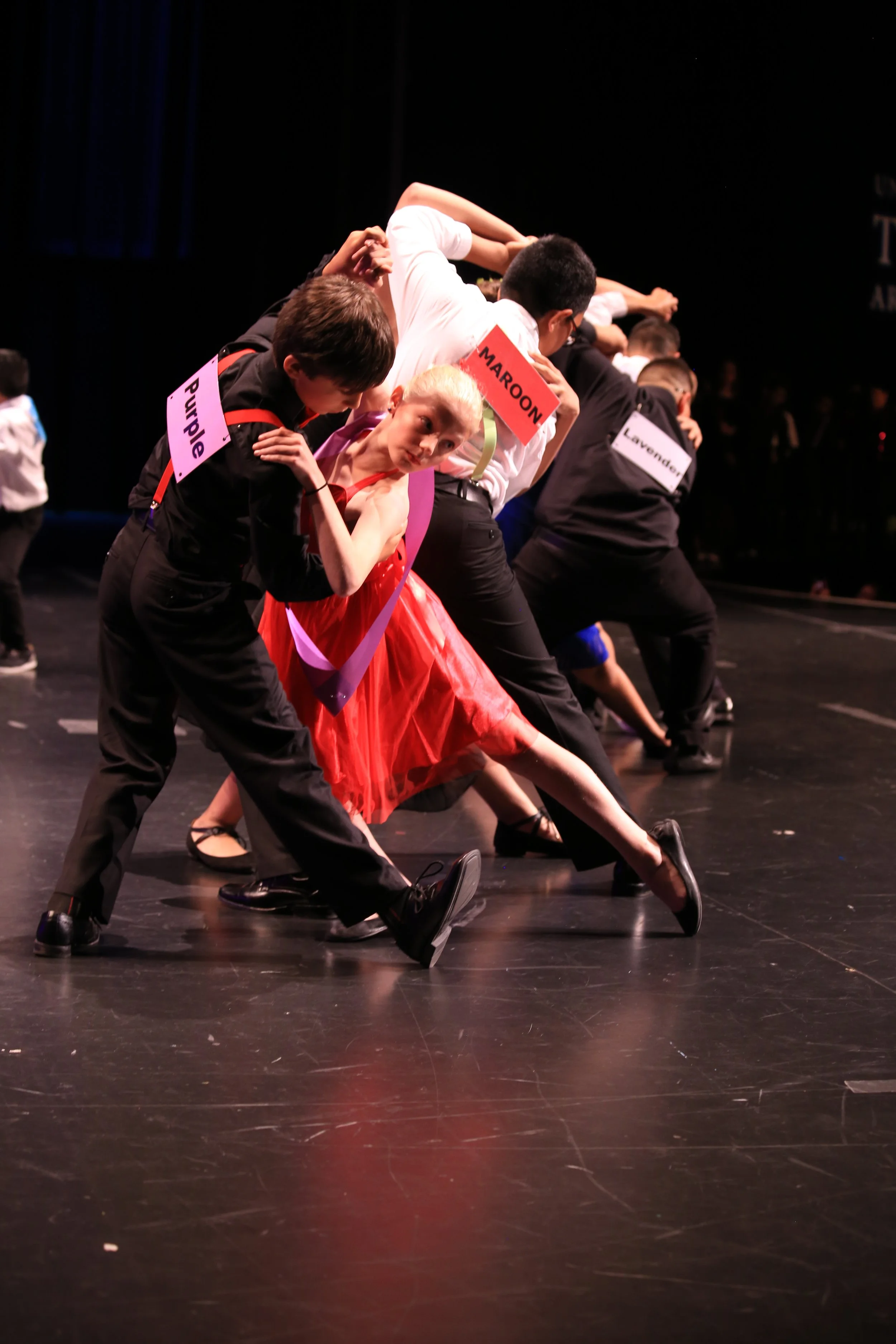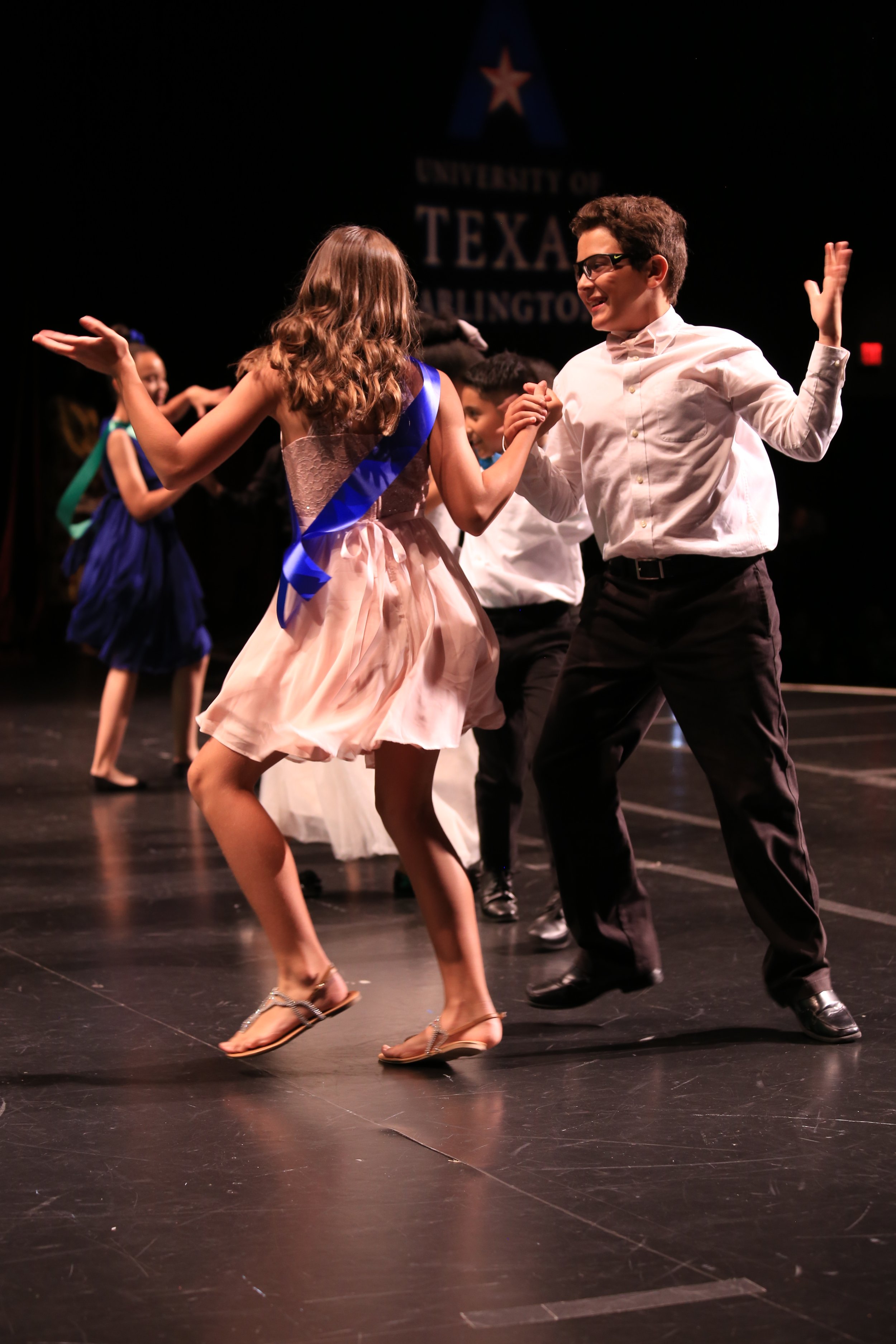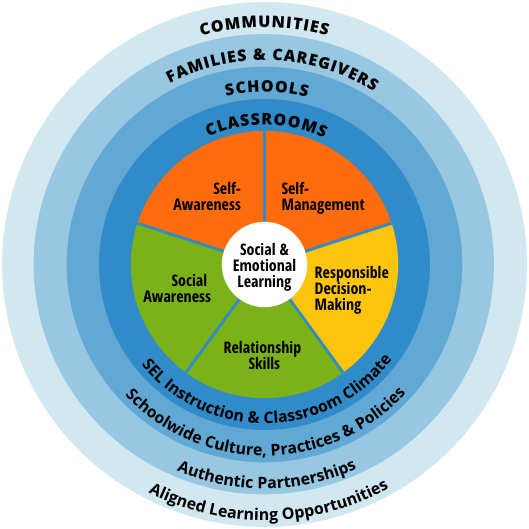Dancing Classrooms North Texas, a 501(c)(3) nonprofit organization, is an in-school residency that teaches teamwork, self-control, and respect for others.
About the Program
The program features the “Dulaine Teaching Method” for promoting social awareness and grooming positive forms of teamwork and collaboration. The six core components of the Dulaine Method are: Respect & Compassion; Being Present; Creating Safe Spaces; Command & Control; Language-Body & Verbal; and Humor & Joy.
The program is best known for its ability to break down barriers, teach emotional intelligence, and enhance the social and academic success of fifth and eighth grade students. Nearly 5,000 students in the Dallas-Fort Worth area complete the program annually.
As seen in the 2005 documentary “Mad Hot Ballroom” the program gives children the confidence to face whatever challenge the day brings and inspires an engaging (and fun-filled) atmosphere for schools, parents and local communities.
In 2015, Dancing Classrooms was endorsed by the Collaborative for Academic, Social, and Emotional Learning (CASEL).
Through research, practice, and policy, CASEL collaborates with education leaders around the world to equip policymakers with the knowledge and resources to advance social and emotional learning. This social literacy expands our vision of schools beyond content delivery and makes them society’s agent for ensuring children acquire skills necessary for self and social awareness, relationship management, responsible decision-making and the ability to think for themselves.
CASEL has identified five interrelated clusters of social and emotional learning competencies.
1) Self-awareness: The ability to accurately recognize one’s emotions and thoughts and their influence on behavior. This includes accurately assessing one’s strengths and limitations and possessing a well-grounded sense of confidence and optimism.
2) Self-management: The ability to regulate one’s emotions, thoughts, and behaviors effectively in different situations. This includes managing stress, controlling impulses, motivating oneself, and setting and working toward achieving personal and academic goals.
3) Social awareness: The ability to take the perspective of and empathize with others from diverse backgrounds and cultures, to understand social and ethical norms for behavior, and to recognize family, school, and community resources and supports.
4) Relationship skills: The ability to establish and maintain healthy and rewarding relationships with diverse individuals and groups. This includes communicating clearly, listening actively, cooperating, resisting inappropriate social pressure, negotiating conflict constructively, and seeking and offering help when needed.
5) Responsible decision making: The ability to make constructive and respectful choices about personal behavior and social interactions based on consideration of ethical standards, safety concerns, social norms, the realistic evaluation of consequences of various actions, and the well-being of self and others.
“Beyond dance steps and technique, we practice teamwork, elegance, respect and the experience of inclusion, connection and joy.
Dancing Classrooms facilitates social ability, a sense of connection, and improved self-esteem, while providing the opportunity to fulfill potential and to experience the stuff dreams are made of.”
— Gina Crisanti, Master Teaching Artist/Member Board of Directors







